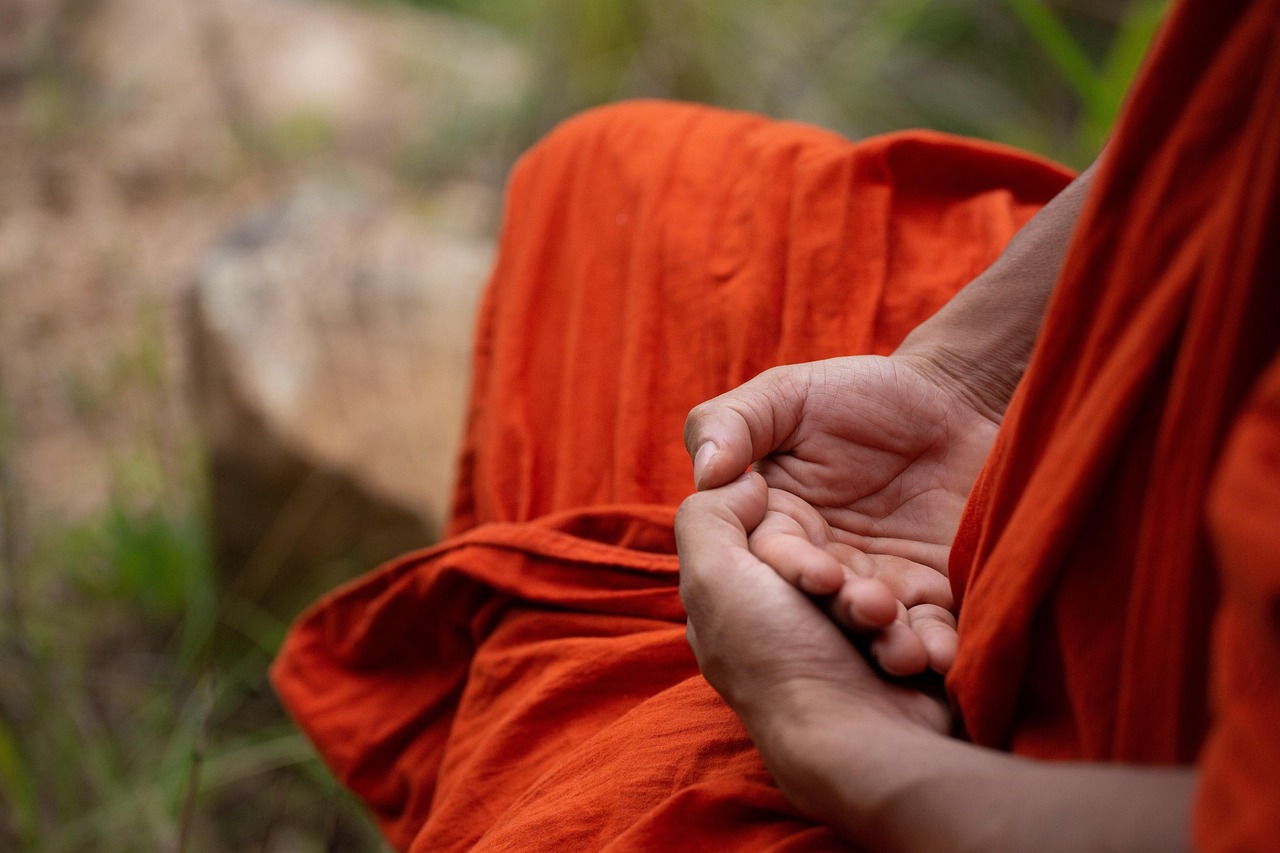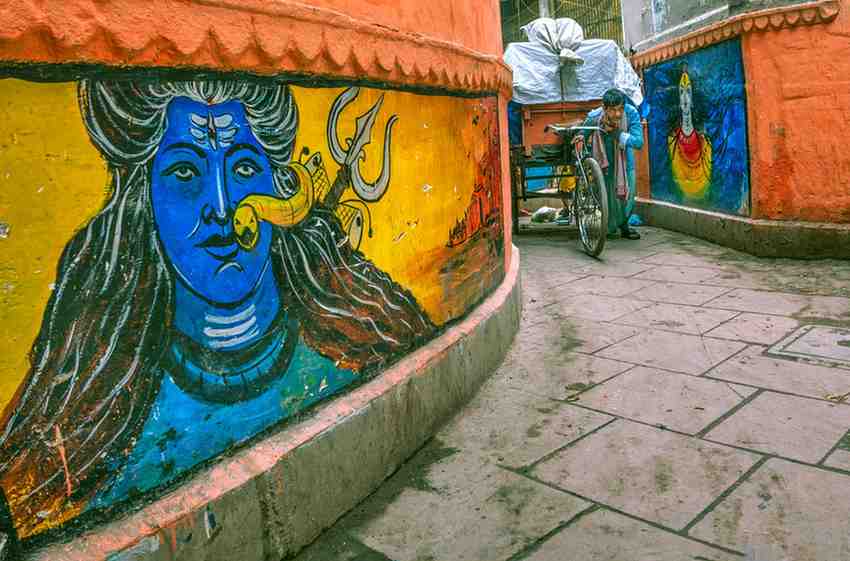
The Silent Struggle: Are We Ashamed of Our Own Beliefs?
New Delhi – In a country celebrated as a global beacon of cultural and spiritual diversity, an undercurrent of internal conflict brews silently. While India’s rich heritage and traditions command respect worldwide, many Indians, particularly in urban areas, are increasingly hesitant to openly embrace their beliefs. Is this reluctance a sign of evolving identities, or are we quietly becoming ashamed of our own faiths in the face of societal judgment and modernity?
Faith Under Pressure: The Urban Narrative
In the bustling cities of India, faith is increasingly practiced behind closed doors, with individuals fearing public judgment.
- Social Media and the Perception Problem
- Platforms like Instagram and Facebook, while showcasing the grandeur of religious festivals, have also amplified a culture of aesthetic-driven devotion. A 2023 Pew Research Center survey revealed that 61% of urban Indians avoid sharing personal religious practices online, fearing they might be labeled as “backward” or “traditionalist.”
- Festivals like Navratri, once central to Indian identity, now face competition from globalized celebrations like Halloween, with younger generations sometimes prioritizing the latter for its perceived modernity.
- Generational Divide
- Younger Indians often find themselves caught between respecting familial traditions and aligning with contemporary ideals. A 2022 study by the Indian Council for Social Science Research highlighted that 48% of millennials believe many religious rituals feel outdated or irrelevant, contributing to their hesitation in openly practicing them.
The Impact of Globalization and Secularism
As India integrates more deeply with global cultures, its traditions often come under scrutiny.
- Misinterpretation of Secularism
- While India’s secularism guarantees the freedom to practice any faith, it has increasingly been misinterpreted as a call to keep religious expression private. Debates over the appropriateness of religious symbols in schools and workplaces have made many wary of showcasing their beliefs publicly.
- Controversies like the 2023 Karnataka hijab ban illustrate how public expressions of faith are often mired in political and social conflicts, creating a chilling effect on individuals who wish to practice openly.
- Global Standards of ‘Modernity’
- Practices such as Karva Chauth or Ramadan fasting are sometimes dismissed as “regressive” by critics, leading younger Indians to feel conflicted about openly observing them. This cultural scrutiny, combined with the allure of globalized celebrations, often pushes traditional practices to the margins.
Losing the Essence of Faith
The increasing disconnect between private beliefs and public practices is diluting the essence of India’s spiritual heritage.
- Rituals Without Reflection
- Festivals like Diwali and Holi, once deeply spiritual, are now often reduced to grand spectacles for social media. The Central Pollution Control Board reported that environmental concerns surrounding firecrackers and chemical-based colors have further polarized public opinion about these celebrations.
- Dilution of Practices
- A 2022 report by the Observer Research Foundation revealed that 37% of Indians admit to modifying or abandoning traditional rituals to align with societal expectations, signaling a broader identity crisis.
Rekindling Pride in Belief
India’s spiritual heritage offers an opportunity to bridge the gap between tradition and modernity, provided individuals and communities embrace it with confidence and inclusivity.
- Educational Reforms
- Incorporating lessons on the philosophical roots of Indian traditions in school curricula can foster a deeper appreciation among younger generations, making faith more relatable and less stigmatized.
- Celebrating Diversity
- Public campaigns that emphasize the beauty and inclusivity of Indian traditions can help combat stereotypes and encourage open expression.
- Respecting Individual Choices
- Creating spaces where individuals can practice their faith without fear of judgment, whether in workplaces or public arenas, is essential for fostering harmony.
Conclusion
India’s cultural and spiritual legacy is far too profound to be overshadowed by societal pressure or modern trends. The silent struggle many face in expressing their beliefs is not a sign of progress but a call to introspection.
As India continues to evolve, the challenge lies in embracing both tradition and modernity without fear or judgment. Only then can we reclaim our faith as a source of strength and pride rather than a silent burden.



